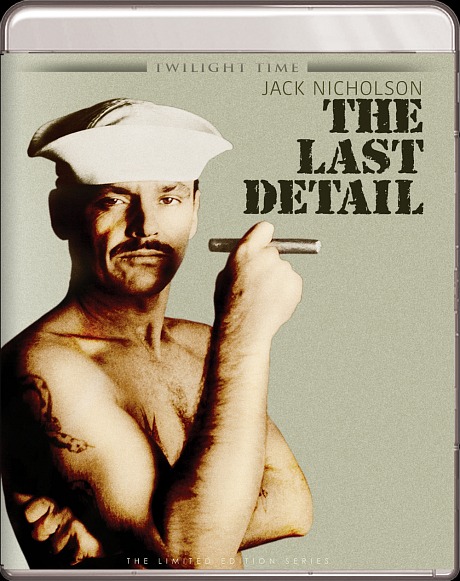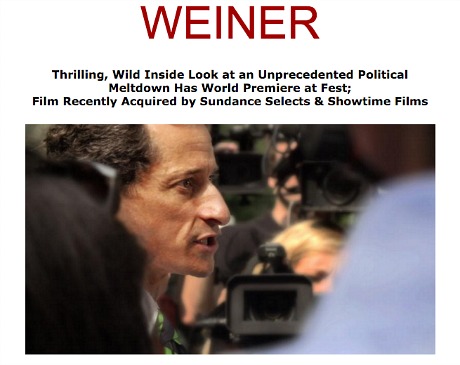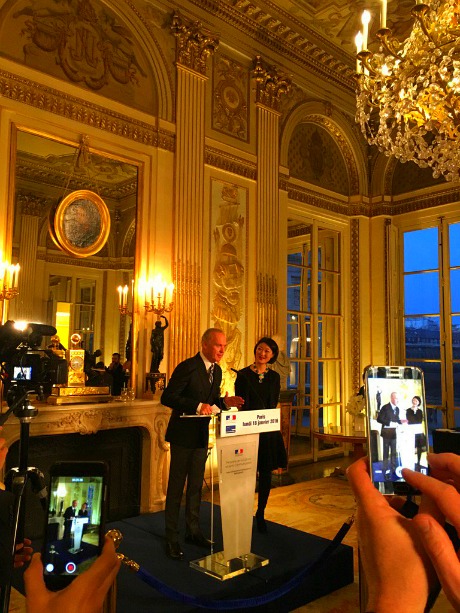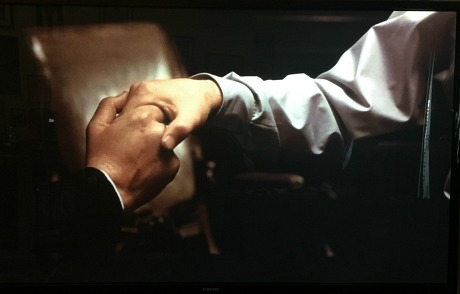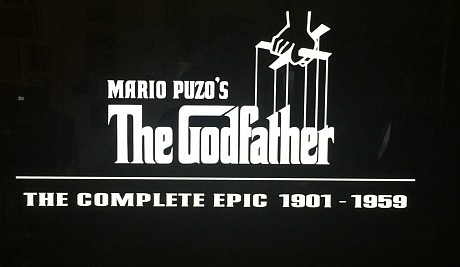It was announced this morning that Penske Media Corporation (PMC) has acquired Indiewire.com. Which means that industry tea-leaf reader Anne Thompson and leading indie-attitude critic Eric Kohn are now working for the same guy who pays the salaries of Deadline‘s Pete Hammond and Michael Fleming, Gold Derby‘s Tom O’Neil and Variety‘s Kris Tapley, to name but a few. Voices in a choir. And I’m still Charley Varrick, last of the independents, along with Awards Daily‘s Sasha Stone, MCN’s David Poland and…I don’t know, you tell me.
I’m not much for analogies but I’m thinking that Hollywood Elsewhere is a bit like Wyatt Earp, Sasha is like Virgil Earp, Poland is the guy who owns the Tombstone livery stable and the Penske gang is a bit like the Clanton brothers. HE is drawing a bead and riding its own steed across the swamps of time. And I still like the sound of that slogan, “last of the independents.” It has a ring of finality.
I asked Kohn, Indiewire’s chief film editor and critic, how things are going. Is he getting a bump in salary? Will Kohn gradually lose the jeans, comfort shoe and hoodie look and start dressing more like a guy who subscribes to Esquire or GQ? What has he learned in life up to this point? What does it feel like for a former open-range cowpoke to be part of the big combine?
“I’m really excited about this acquisition and what it means for the future of Indiewire,” Kohn wrote back. (People always use the word “excited” in discussing any new job or business partnership.) “It’s early days yet. We’re still figuring out all the details, but I’ll be working out of the PMC office in NYC and the LA team will be doing the same for the one out there. See you at Sundance!”
